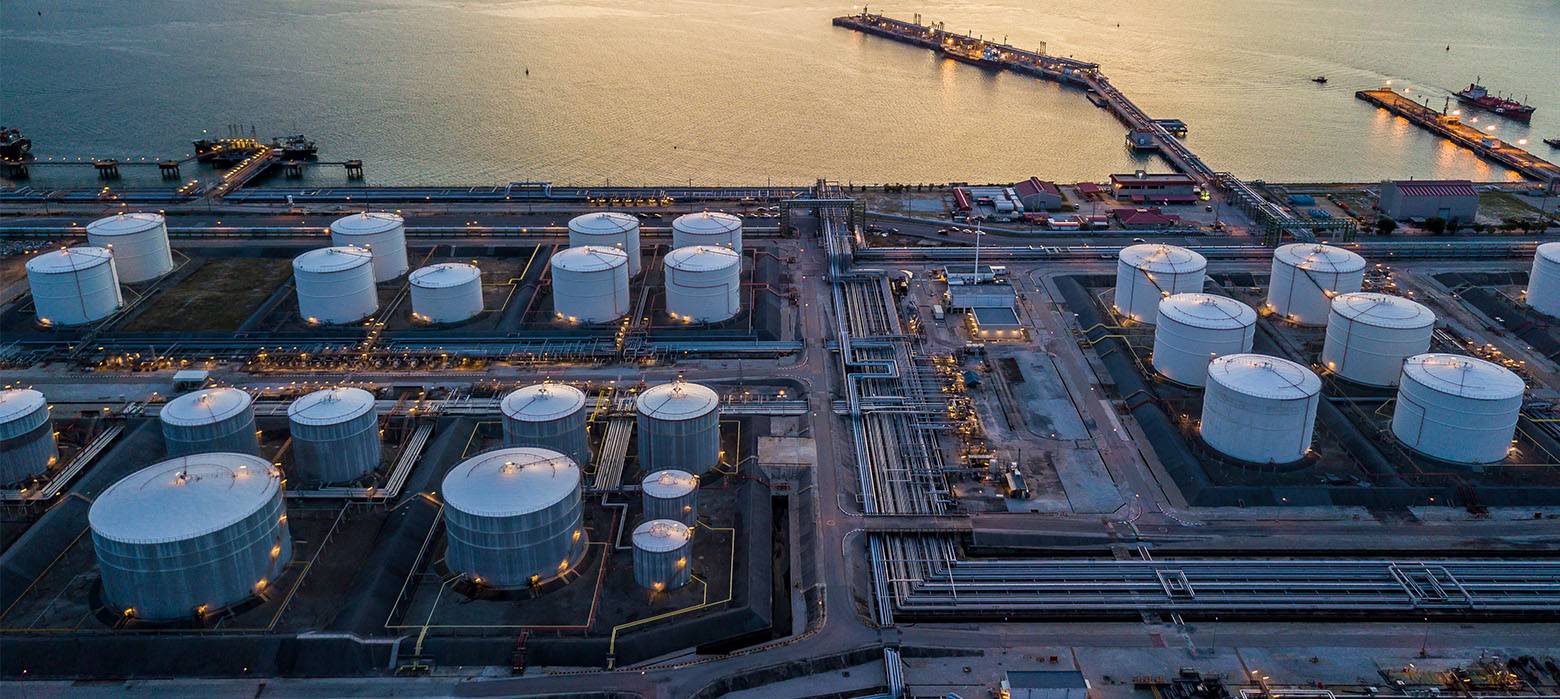
- admin
- February 26, 2024
What Sets Natural Gas Apart from Propane? Understanding the Differences
Both natural gas and propane serve as popular fuel sources, each with distinct applications. While both originate from natural sources, propane is a byproduct of natural gas processing. In this blog, we’ll delve into the similarities, differences, and unique attributes of these two gases, providing a comprehensive understanding of their uses and properties.
“What Exactly is Natural Gas?”
Natural gas, a natural fuel sourced from beneath the earth’s surface, whether on land or beneath the ocean depths, is a product of organic matter decomposition within the Earth’s crust.
Over time, heat and pressure transformed these organic remains, including plant and animal fossils, into a mixture of petroleum, oil, and natural gas.
The primary component of natural gas is methane, accompanied by hydrogen and carbon dioxide, along with various minor gases.
Widely recognized as the cleanest fossil fuel, natural gas is extensively utilized worldwide. However, prior to utilization, it undergoes processing to remove impurities, ensuring it is dry and ready for storage, distribution, and consumption.
“What Exactly is Propane?”
Propane, often referred to as LPG, serves a multitude of functions beyond its common uses in cooking and powering vehicles.
It emerges as a byproduct during the purification of natural gas and the refining of petroleum.
Typically found in conjunction with other hydrocarbons, propane is extracted through refrigeration and subsequently liquefied for storage in pressurized containers.
While propane falls under the category of LPG, it’s essential to note that not all LPG consists solely of propane.
Comparing Natural Gas and Propane: Which One Is Superior?
When deciding between natural gas and propane, it’s essential to consider their delivery methods and cost-effectiveness.
Propane is typically delivered in liquefied form, stored in durable portable vessels or canisters, whereas natural gas is supplied in a gaseous state through pipelines.
Cost is a significant factor to weigh, with natural gas priced per cubic foot and propane per gallon. To determine the most cost-effective option for your home, heating efficiency measured in BTUs must be considered.
Propane boasts higher heat efficiency, with one cubic foot delivering 2,516 BTUs compared to natural gas’s 1,030 BTUs.
This means propane offers cleaner fuel, more heat output, and better fuel efficiency. Additionally, its portable nature allows for versatile use throughout your home.
However, reliance on natural gas may be limited due to its fixed pipeline delivery system.
How is natural gas converted into energy?
In addition to its common household applications like cooking and heating, natural gas plays a significant role in generating electricity.
The process involves extracting natural gas from beneath the earth’s surface, purifying it, and transporting it to power plants.
Once there, it fuels combustion turbines or steam turbines, contributing to the production of energy on a larger scale.
And before final consumption natural gas is stored in large facilities. Natural gas is stored in both underground and above ground facilities. Each of them have different specifications and the storage usually depends on the immediate or future use of the gas. To know more about the storage of Natural gas visit this insightful article here : Natural Gas Storage Facilities .
“What are the Costs of Natural Gas and Propane?”
Propane offers significant advantages in both energy efficiency and domestic utility.
Gas-powered appliances require less maintenance and offer greater convenience compared to those powered by oil or electricity, not to mention natural gas.
Additionally, propane is renowned for its cleanliness and minimal environmental impact, meeting EPA standards for clean air.
“What are the Costs of Natural Gas and Propane?”
In terms of cost comparison, natural gas typically costs around $15.00 per 1000 cubic feet, providing approximately 1 million BTU.
Conversely, the same expenditure can yield slightly more than 11.20 gallons of propane, priced at approximately $2.50 per gallon.
Thus, despite natural gas being cheaper on a per-unit basis, propane remains a competitive alternative considering its efficiency and benefits.
- Differences between natural gas and propane
- Natural gas and propane
- Natural gas vs propane
Category
- Above Ground Fuel Tanks
- Above Ground Gas Storage Tank
- Above Ground Storage Tanks
- Above Ground Water Storage Tanks
- Agricultural Tanks
- Chemical storage Tanks
- Diesel Fuel Storage Tanks
- Diesel Storage Tanks
- Exernal FloatingRoof Tanks
- Farm Water Tank
- Fiberglass Oil Tanks
- Fiberglass Septic Tanks
- Fiberglass Tanks
- Fiberglass Underground Fuel Storage Tanks
- Field Erected Tanks
- Floating Roof Tank
- Food and Beverage Tanks
- Fuel tank
- Industrial Chemical Storage Tanks
- Industrial Gas Tanks
- Industrial Hot Water Storage Tanks
- industrial hot water tank
- Industrial Plastic Tanks
- Industrial Storage Tanks
- Industrial Tank heating pads
- industrial tanks
- Natural gas
- Natural gas vs Propane
- oil storage tank
- Oil Storage Tanks
- Peracitic Acid
- Petroleum Tanks
- Residential gasoline storage tanks
- Residential Water Storage Tanks
- Sodium Hydroxide Storage Requirements
- Sodium Hypochlorite Storage Tanks
- Steel Storage Tanks
- storage tank failure prevention
- Storage Tanks
- Sulfuric Acid Tanks
- Uncategorized
- UnderGround Storage Tanks
- Waste water tank
- Water Storage Tanks

 Tank Size Calculator
Tank Size Calculator






